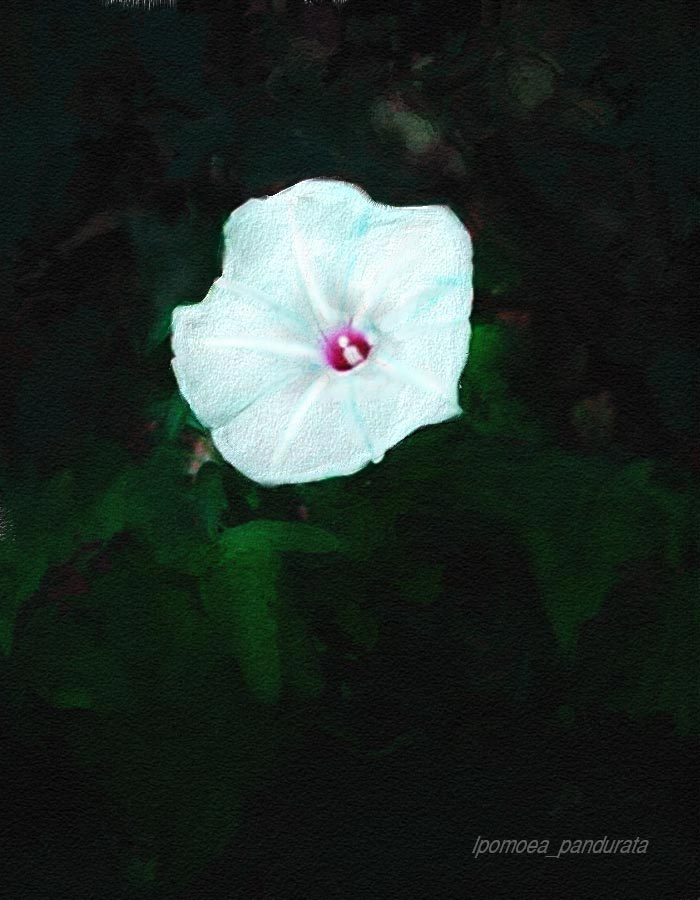Ipomoea and most other genera in the class Convolvulaceae (Morning-glory family) share the following characteristics:
They are herbaceous vines with funnel shaped corollas (radially symmetrical); flowers are composed of five sepals, five fused petals, and five stamen attached to the petals, ovaries produce two seeds per fruit; the leaves are alternate, simple, and lack stipules, the stems are usually winding (convolvere means to wind).
Ipomoea is distinguished from other genera in the Convolulaceae by features of the gynoecium. Ipomoea spp. have undivided styles with stigmas that are either single capitate or with 2 or 3 globular lobes.
The USDA plant site shows sixty-eight species (in the U.S.) for the Genus Ipomoea (morning-glory). six species are shown in Iowa.
BONAP (The Biota of North America Program) shows fifty-four species in the U.S. with six species in Iowa. Two species (I. coccinea and I. purpurea are rated as exotic (not native).
In The Vascular Plants of Iowa (1994) Eilers and Roosa report five species in Iowa, two of which are native (I. lacunosa and I. pandurata). Wild sweet-potato (I. pandurata) is noted as frequent in S.E. Iowa—the other four species are rated as infrequent to rare. [I. cristulata is not included in this list]
The Ipomoea species that have been reported in Iowa are:
Ipomoea coccinea - (redstar) [alien]
Ipomoea_cristulata - (trans-pecos morning-glory) [native]
Ipomoea_hederaceae -(ivyleaf morning-glory) [alien]
Ipomoea_lacunosa - (whitestar) [native]
Ipomoea_pandurata - (wild sweet-potato) [native]
Ipomoea_purpurea - (tall morning-glory) [alien]
